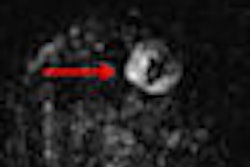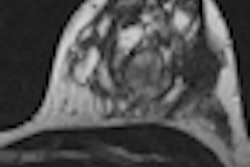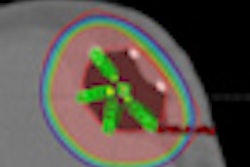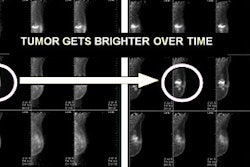Dear AuntMinnie Member,
In a study published today in the Journal of the National Cancer Institute, Danish researchers say they've found a link between false-positive mammograms and women who develop cancer later in life.
As reported in our Women's Imaging Digital Community, the researchers found that women who received a false-positive mammogram as part of a routine screening study had a 67% higher risk of developing cancer later -- a risk that persisted for six or more years after the initial false-positive test. The finding is intriguing, as it's usually assumed that women with false-positive exams are cancer-free.
But the study comes with a number of caveats. When divided into time periods, the data were statistically significant only for women who were screened in the early part of the study, which suggests that advances in imaging technology introduced into the screening program later may have negated some of the effect. Learn more by clicking here.
Also in the community, read about the study that made headlines earlier in the week by claiming that "overdiagnosis" is rampant in breast screening programs. Public health advocates have used the study as evidence of the "harms" of mammography, but our guess is that many women are willing to accept the risks of false-positive exams in exchange for the benefits of finding cancer.
Read all about it by clicking here, or visit the Women's Imaging Digital Community at women.auntminnie.com.
Imaging lands high on Choosing Wisely list
In other news, a group of medical societies participating in the Choosing Wisely campaign this week released a list of 45 medical procedures that it says are contributing to unnecessary healthcare costs. Medical imaging exams occupied a number of spots.
Societies representing nine medical specialties participated in this week's announcement, with each society identifying five procedures it believes are overutilized. Radiology was represented by the American College of Radiology, which contributed its five procedures in a list you can view here.
But imaging procedures were also found on lists produced by other societies, highlighting the fact that imaging frequently comes under the microscope when the topic of unnecessary utilization comes up.
Is Choosing Wisely a positive example of the medical profession trying to police its own before the heavy hand of government regulation reaches in? Or will the list be used to put further pressure on radiology reimbursement, thus causing more pain for imaging providers? Read the story by clicking here in our Imaging Leaders Digital Community, or go to imaging.auntminnie.com.



















